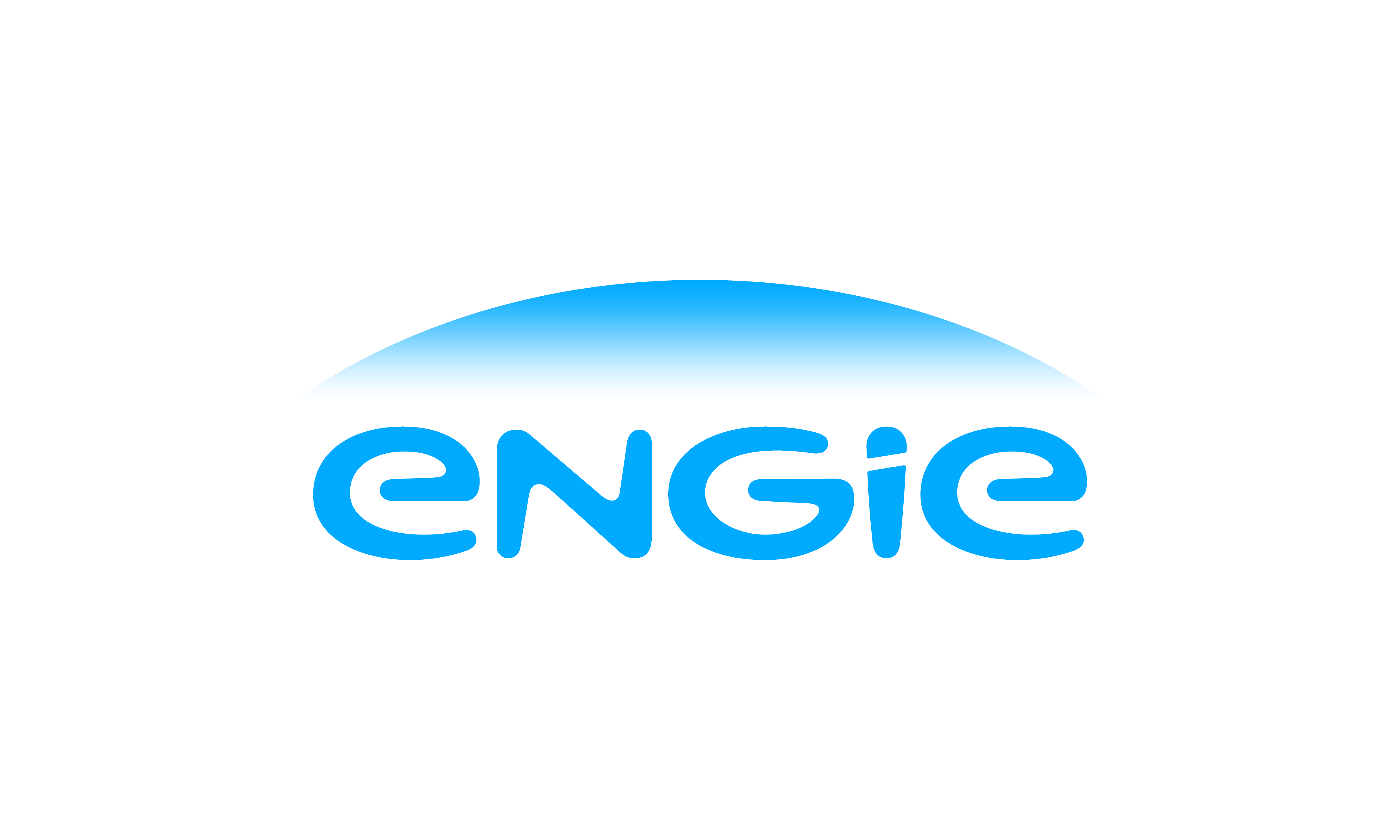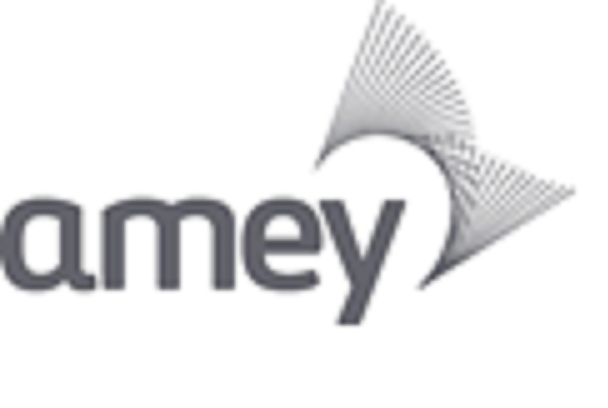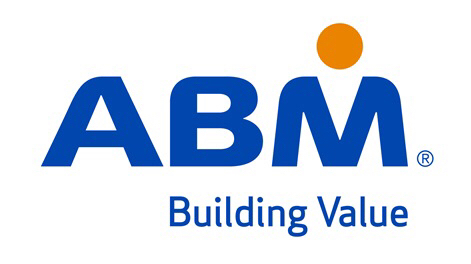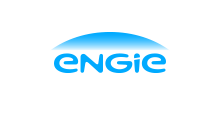Information
-
Document No.
-
Conducted on
-
Prepared by
-
Location
Waste Management & Spill Response
Tool Box Talk - Waste Management
WHAT IS WASTE? Waste is legally defined as anything which is generated by working processes or left over from input materials. It doesn’t matter if it will be re-used or re-cycled by others; if you don’t need or want it then it counts as waste and you have a statutory duty of care under the Waste Management Duty of Care 2011 regulations to deal with it properly. DUTY OF CARE Everyone has a part to play in ensuring that we meet its statutory duty of care with regards to waste management: 1. Preventing others from depositing, storing, treating or otherwise depositing of waste without a license (Fly tipping) 2. Prevent waste from escaping (Use bins provided) WHAT CAN YOU DO AT WORK? 1. If you think that waste is not being disposed of properly, notify your supervisor. 2. Place waste daily in the on-site skips. 3. Minimise waste accumulation by ensuring that you observe good house keeping principles, do not ignore over filled bins and skips. 4. Clean and clear up after your work daily.
-
Questions
Spillage Response
Construction sites are often criticised for the damage they cause to the surrounding environment. This damage can take many forms, for example excessive noise, dust etc, however spillage’s statistically account for the greatest harm to the environment. There are many precautions that can be taken to avoid spillages. These include the use of bunds around oil storage tanks and the use of drip trays around mobile plant. SPILLAGE TYPES MAJOR = Cannot be controlled; pollution has entered, or could enter a drain or watercourse. Report to Lingwood control / site manager/foreman/supervisor immediately,. MINOR = Can be controlled; pollution has not entered, and cannot enter a drain or watercourse. Spillage should be cleaned up immediately using the appropriate materials e.g. spill kits etc. SPILLAGE RESPONSE PROCEDURE STOP - CONTAIN - NOTIFY Personnel on discovering a spillage should: STOP = Work immediately and prevent any more material spilling e.g. right an oil drum, close a valve. Eliminate any sources of ignition, e.g. switch of engines, extinguish cigarettes. CONTAIN = the spillage using bunds of earth, sand, drip trays etc immediately. Check that the spillage has not reached any nearby drains/manholes, watercourses, ponds and other sensitive areas. Bund the drains/manholes to stop the spillage entering the drainage system. NOTIFY = your foreman/ supervisor immediately giving the following information: • Whether the spillage has entered the drain/watercourse or is affecting the environment. • Material/substance involved • Location • Reason for the incident • Quantity involved
-
Questions?
Persons Present for Tool Box Talk
-
Persons Present
-
Persons Present
-
Persons Present
-
Persons Present
-
Persons Present
-
Persons Present
-
Persons Present
-
Persons Present
-
Persons Present
-
Persons Present













